Journey through the first five books of the Bible to see God's plan to partner with humanity unfolding.
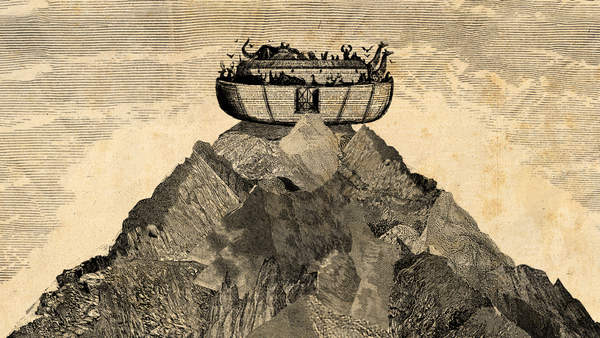
Torah
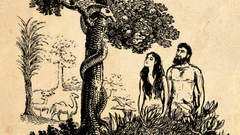
Episode 1
Genesis 1-11
The story of the Bible opens with God creating beauty and order out of chaos and darkness. Will humans trust him to continue to provide?
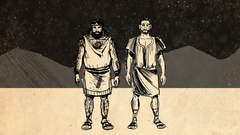
Episode 2
Genesis 12-50
When humans choose their own desires over trusting God's provision, God begins a rescue plan that starts with one man.
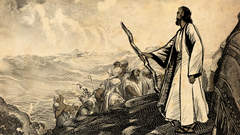
Episode 3
Exodus 1-18
In an epic showdown, God confronts evil and injustice and rescues his people from slavery. How do the people respond to God's faithfulness?
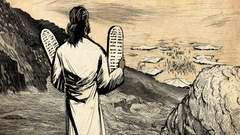
Episode 4
Exodus 19-40
What does it mean for a nation to belong to God? In the second part of Exodus, God establishes a covenant with his people, Israel, and invites them to access his presence through the tabernacle.
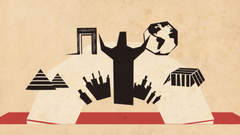
Episode 5
Leviticus
What happens when God moves into the neighborhood? Leviticus outlines the guidance God provides for Israel to experience his presence and reflect his goodness and justice to the world.
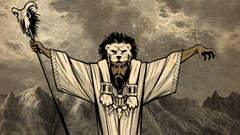
Episode 6
Numbers
The people just keep rebelling—and God continually responds with provision and protection! But the book of Numbers also reveals that God's justice accompanies his mercy.
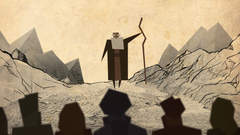
Episode 7
Deuteronomy
How does Moses say goodbye? The fifth and final book of the Torah contains a collection of speeches from the first Israelite leader urging the next generation’s faithfulness to God.
